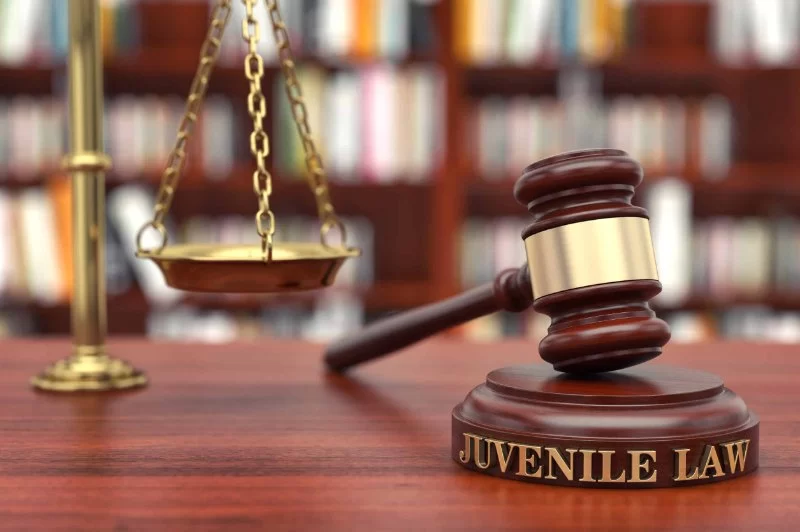
Understanding the Legal Rights of Juveniles in the U.S. Justice System
- what-are-the-legal-rights-of-juveniles
- how-juvenile-rights-differ-from-adult-rights
- a-real-case-study-tyshon-s-journal
- what-happens-during-a-juvenile-arrest
- access-to-legal-counsel-for-minors
- when-can-a-juvenile-be-tried-as-an-adult
- importance-of-legal-guidance-and-support
1. What Are the Legal Rights of Juveniles?
Juveniles—typically individuals under the age of 18—are granted specific legal protections in the U.S. legal system. These rights aim to ensure fairness and rehabilitation rather than punishment. Some of the most critical rights include:
- The right to legal counsel
- The right to remain silent
- Protection against unlawful search and seizure
- The right to be notified of charges
- The right to a hearing before detention
Understanding these rights is critical for both minors and their guardians, especially during encounters with law enforcement or school disciplinary actions that involve police.
2. How Juvenile Rights Differ from Adult Rights
While both adults and juveniles are protected by the U.S. Constitution, the juvenile justice system operates with a rehabilitative focus. For instance, juveniles typically do not have the right to a jury trial but are given a bench trial in juvenile court. Sentencing is often aimed at education or community service, rather than incarceration.
The idea is simple: kids make mistakes. The law acknowledges that cognitive development is still underway, and with proper guidance, rehabilitation is more effective than punishment.
3. A Real Case Study: Tyshon’s Journal
Tyshon, a 15-year-old from Illinois, was arrested for petty theft. Despite the minor nature of the offense, he was held in juvenile detention without access to his parents for 24 hours. His case gained attention when it was revealed that his legal rights had not been properly communicated. Thanks to legal intervention, Tyshon was released and placed in a youth diversion program.
Stories like this reveal how crucial it is for juveniles and their families to be aware of their legal protections. Without knowledgeable legal support, missteps in the system can quickly escalate.
4. What Happens During a Juvenile Arrest?
When a juvenile is taken into custody, the police are required to notify the parents or guardians. The minor must be informed of their rights, including the right to remain silent and the right to an attorney. They are often interviewed by a probation officer to determine whether to detain or release them.
Detention hearings are typically held within 24 to 72 hours, and legal counsel must be provided. Juveniles cannot be held in adult facilities unless specific legal criteria are met.
5. Access to Legal Counsel for Minors
Legal representation is a cornerstone of the juvenile justice system. Every child has the right to a lawyer. In cases where families cannot afford one, the court is required to appoint a public defender.
However, many families are unaware of how to assert this right. That's why having a knowledgeable legal advocate from firms like ESPLawyers can make a significant difference in protecting a minor’s future.
6. When Can a Juvenile Be Tried as an Adult?
In extreme cases—such as violent crimes—minors can be transferred to adult court. The decision depends on age, offense severity, prior record, and state laws. For example, in many states, a 16-year-old charged with armed robbery may be eligible for adult trial.
This shift drastically alters the stakes: adult sentencing often includes prison time and results in a permanent criminal record. Knowing when and how this transfer can happen is essential for defense strategies.
7. Importance of Legal Guidance and Support
Parents often feel overwhelmed when their child is facing legal trouble. The complexity of juvenile law, combined with emotional stress, can make navigation difficult. This is where legal professionals specializing in youth justice, such as those at ESPLawyers, become invaluable.
They ensure your child’s rights are protected, guide you through hearings, and offer the best strategies for defense and rehabilitation. More importantly, they help secure your child’s future—beyond the courtroom.








